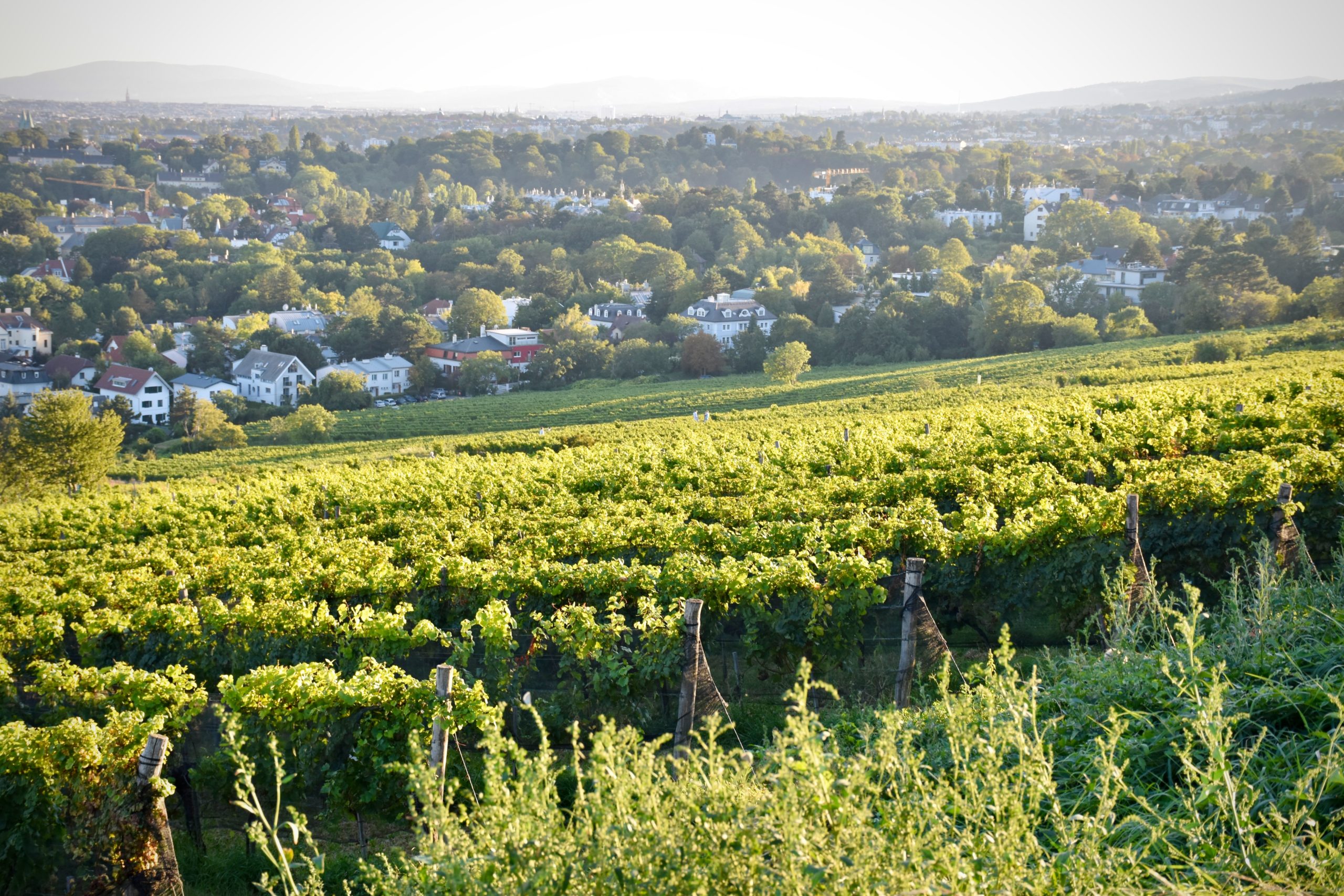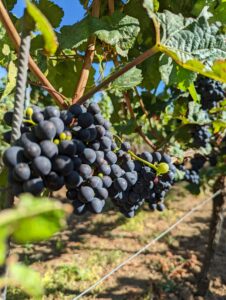Wine traditions in Austria date back to the 6th century BC. Today the country produces some of the most refreshing white wines that are famous worldwide. Austrian wines mainly fall into the dry white wines category. However, the wine scene in the country is much larger than that. The wine sector of Austria houses many types including red wines as well as sweet ones which normally have the name of dessert wines.
An organic Austrian winery that has been in operation for 6 generations. Award winning wines and uniqueness in multiple aspects. Visit Georg Preisinger Winery website today to learn more about this winery’s exceptional story and the fire technique or AGNIHOTRA applied in the vineyards!
History of Wine and Winemaking in Austria
While the practice of winemaking in Austria is very stretched back in time, the Roman Emperor Probus contributed in a twist of events for the nation. While ruling, he changed many regulations which in turn helped in expanding the wine production in Austria during the third century. Furthermore, King Charlemagne in the 700s, reinforced viticulture in the country. Moreover, the House of Habsburg who ruled over Austria and other European territories, regulated the wine production during their rein and reinforced its presence.
Types of Austria’s Grapes and Wines
When speaking of the Austrian grape varieties, a particular name comes to our mind, the Grüner Veltliner. This is a white variety that has its best genetic expression developed in central Europe and more specifically Austria and Hungary. Austria plants roughly 17,000 hectares of this particular grape for white wine production. Thus, it accounts to more than 30% of the wine scene in the nation. Wines produced from this variety have the same name and are some of the most famous Austrian wines.
As for the red grape varieties, Zweigelt is very famous in the country and is widely cultivated. The lines of wines produced within this variety solely or a blend including Zweigelt can range between young and aged wines. As for Blaufränkisch, it is the fingerprint of fruity and fresh wines.
Another grape variety that is popular in Austria is Müller-Thurgau. This variety is very famous and relatively easy to grow in multiple weather conditions and requires no particular soil type. Austria, Germany, Northern Italy, Hungary, Australia as well as the United Kingdom (UK) are among the leading cultivators of this variety. This cultivar is a cross breed between Riesling and Madeleine Royale, thus it combines the best of the two worlds of its parent varieties. In Austria, it is also known as Rivaner.
Austria’s historical link with France is confirmed in a particular grape that summarizes the glorious history of both empires and the profound connections between them. The grape is St. Laurent and even if the origins of it are disputed heavily, most evidence suggest it originated in Bordeaux France. It is a direct descendent of Pinot Noir. It was later brought to central Europe through the Austro-Hungarian dynasty. Regardless the true origin of the grape, it is excellent for aged wines. These have medium to full body structure that can be paired perfectly well with meaty game dishes.
Austria also grows Frühroter Veltliner which is a red grape variety that usually ripens earlier than other types. This variety is relatively declining in presence in many nations’ vineyard except those that are clinging to tradition and seeking uniqueness in their wine production.
Best Wineries in Austria
Austria is the birthplace of many great composers including Mozart. Hence, visiting a beautiful winery will be a great symphony for all of your senses. For that reason, these are some of the most Instagramable wineries you can visit in Austria for a lifetime experience:
Let this year be an adventurous one for you, travel to an off the beaten track locality and spend some time in nature for solidarity and refreshing. Wineries in Austria provide this experience, especially when coupled with wine tasting in such out of the world setting….






